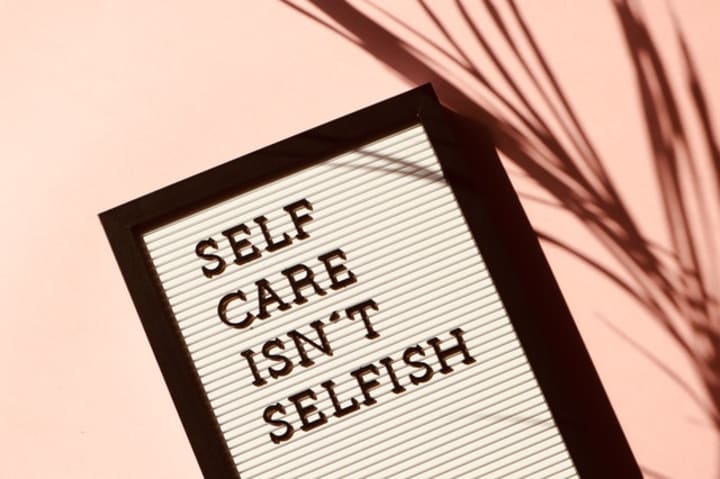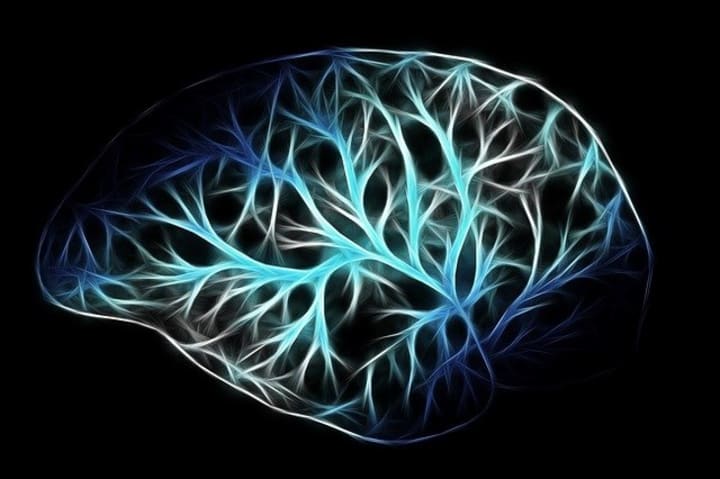5 Common Anxiety Triggers
Common Anxiety Triggers You May Not Realize

Anxiety is not something that is easy to fix or cure. This is mostly due to the fact that we ourselves are the ones that are causing the anxiety to continue on once it has started.
The anxiety is fueled by our thoughts and emotions. The emotions that we feel are a result of what we are thinking. It turns into one big endless cycle, we think something, we feel a certain way, we feel a certain way and we think more about what we are feeling.
There are many tools and ways of helping to reduce the anxiety when you feel it starting. Here I am going to list some of the mistakes we often make that end up making the anxiety we are feeling even worse.
For the sake of this article, we'll call these mistakes triggers. These triggers are common, many people don't realize that these things will increase their levels of anxiety. They are also, in most cases, easy to correct and help to ease the degree to which we experience our anxiety.
#1 Not Maintaining Your Home Environment

By this, I mean not keeping your place clean, or tidy. Many of us may say to ourselves or others that having a messy home isn't that big of a deal to us. However, consciously or subconsciously, this is often not the case.
The reason for this is that in the back of your mind you will often be thinking that you should clean this, or tidy that up. It may not be a huge contributor to your anxiety, but it can add to it without you realizing it.
Granted, this may not be true for everyone, but it is worth noting and giving a try. Not that your home needs to be spotless, but keeping it tidy and doing a clean, can be helpful when you are at home, with lowering your levels of anxiety and stress.
#2 Caffeine

Ok, so this can be a hard one for a lot of people to cut out of their daily consumption. I know for myself, that I have to have a cup of coffee in the morning. It helps me get my day started.
The idea here is not to avoid all caffeine every day. While that would be ideal, it is not something that is easy for everyone to do. Instead, be conscious of the amount of caffeine you are consuming during your day.
If you are drinking five cups of coffee a day you may want to consider trying to cut it back to one or two cups a day.
Caffeine can actually induce anxiety. If you're someone who has been drinking a lot of caffeine for a long time you may have a higher tolerance level than someone who consumes caffeine rarely. However, it can still trigger anxiety just from consuming it.
#3 Neglecting Yourself

I think this is something we all do. Sometimes it can be hard to put ourselves first and take care of ourselves and our needs. Often we have busy lives or just don't have the energy to take care of ourselves properly.
This can be a big contributor to anxiety in some cases. This can be things like not having proper hygiene, staying up late at night, missing meals throughout your day, not going to the doctor when something is wrong, and so on.
It's important to start taking better care of yourself and your own needs. When we take care of our own needs, our anxiety can be reduced. This can take time and some work to get yourself into a habit of meeting your needs. However, it is doable if you apply yourself.
#4 Finances

Money is a huge stressor and anxiety provoker for many people. This is a very common trigger for anxiety. When we are worried about not having enough money to pay bills, put food on the table, or put clothing on our backs, or our family's backs, we will be walking around with constant anxiety.
If this is something that you know causes you some anxiety, it will be well worth your time to either sit down by yourself and set up a budget, and stick to it or seek the help of someone to help you set up a budget.
Managing our finances properly can play a big role in bringing the levels of anxiety down in our day-to-day life. If you can get that figured out, you should see a huge chunk of your anxiety start to disappear.
#5 Not Getting Enough Sleep

Proper sleep and sleep habits are crucial to our mental health, whether you have a mental illness or not. When we are not getting enough sleep, it causes all kinds of problems with both mental and physical health.
This isn't to say that you should never stay up late, or never get up too early. However, you should have a regular sleep schedule in place that you stick to most of the time.
You will need to find a sleep schedule that works best for you. Depending on what type of job you have and the hours you work, will play a role in when it is best for you to head to bed and wake up in the morning.
If you can keep this fairly consistent, it should help to reduce the levels of anxiety you feel.
If You Have A Mental Illness

Most people who suffer from a mental illness will also suffer from general and/or social anxiety. This is a common partner with most mental illnesses.
While anxiety is a type of side effect of the mental illness, the above common triggers are still areas that can be worked on to help reduce the levels of anxiety you experience.
If your levels of anxiety are extremely high, you may need to talk to your doctor about medication to help lower those levels.
I know for myself, suffering from severe depression, anxiety has been a huge issue for me that can be triggered for no apparent reason. I have had to be medicated for anxiety for a very long time.
There are times that my anxiety either seemed to disappear or was so low that I no longer needed the medication and would take myself off. However, when it started back up again I had to make sure that I started the anti-anxiety medication again to keep things manageable and under control.
When dealing with a mental illness, anxiety can often make the mental illness much worse during episodes of anxiety.
About the Creator
Richard Bailey
I enjoy writing about many different topics but my main focus is mental health, mental illness, and specifically depression. I have a long personal experience with Severe Treatment-Resistant Depression and Anxiety.






Comments
There are no comments for this story
Be the first to respond and start the conversation.